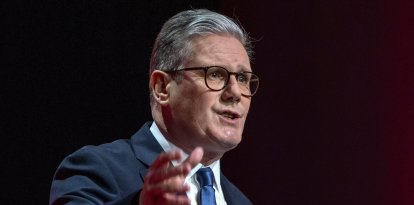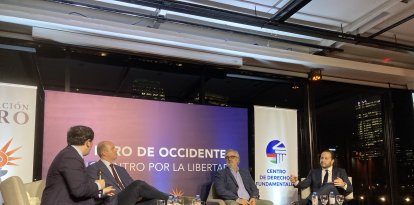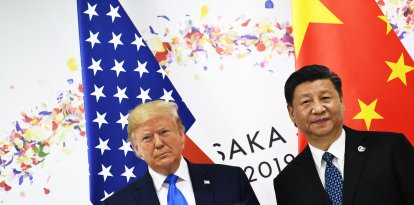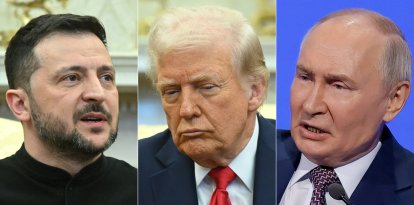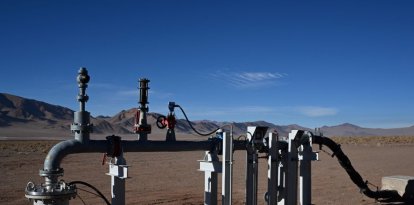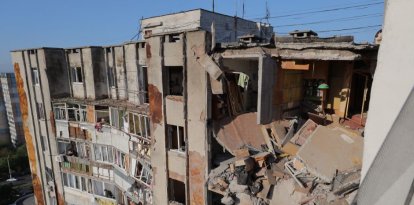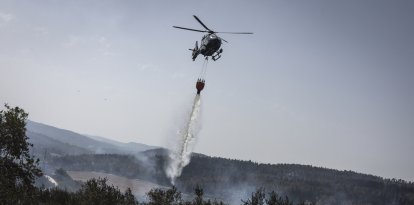Julian Assange is now officially a "free man"
The WikiLeaks founder traveled to Australia, his native country. He is banned from entering U.S. territory except with prior authorization.
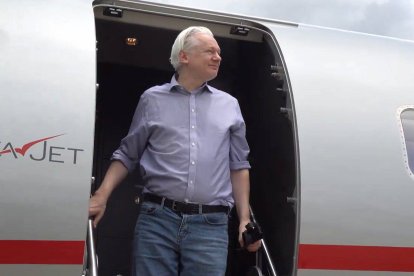
Julian Assange
The U.S. Department of Justice officially declared Julian Assange a "free man," after the WikiLeaks founder reached an agreement with the State Department (DOS) and pleaded guilty to one count of conspiracy to obtain and disclose national defense information.
“With this pronouncement it appears you will be able to walk out of this courtroom a free man. I hope there will be some peace restored.” said Judge Ramona V. Manglona, the case's instructing magistrate, in her final pronouncement of the hearing. A statement reported by AFP.
Prohibited entry into the U.S. without prior authorization
One of the points contained in the agreement signed between Assange and the United States is that the WikiLeaks founder may not enter U.S. territory, unless he has prior authorization.
"At today’s proceeding, Assange admitted to his role in the conspiracy to violate the Espionage Act and received a court-imposed 62-month time-served sentence, reflecting the time he served in U.K. prison as a result of the U.S. charges. Following the imposition of sentence, he will depart the United States for his native Australia. Pursuant to the plea agreement, Assange is prohibited from returning to the United States without permission," the Department of Justice (DOJ) said in a release.
He has been "in a terrible state"
As reported by AFP, Assange is already in Canberra, capital of Australia, his native country. The private plane carrying him took off from an airport in the Northern Mariana Islands early Wednesday morning.
Before he set off on his journey, several people around him spoke out about Assange's release. His wife, Stella Assange, said that "the priority now is for Julian to regain his health" after spending time imprisoned "in a terrible state." So did his mother, Christine Assange, who was grateful that "my son's ordeal is finally coming to an end."
One of his lawyers, Barry Pollack, also alluded to the suffering his client had to endure since the judicial process began: "He suffered enormously for his fight for freedom of expression, freedom of the press. We strongly believe that Mr. Assange should never have been charged under the Espionage Act." Another member of the defense, Baltasar Garzón, used terms similar to those used by the U.S. Justice, defining Assange as "a free man."
Another of those who celebrated Assange's release was Anthony Albanese. The Australian prime minister said he is "very pleased" that there has been "a successful outcome that I think the overwhelming majority of Australians wanted to see."
RECOMMENDATION

